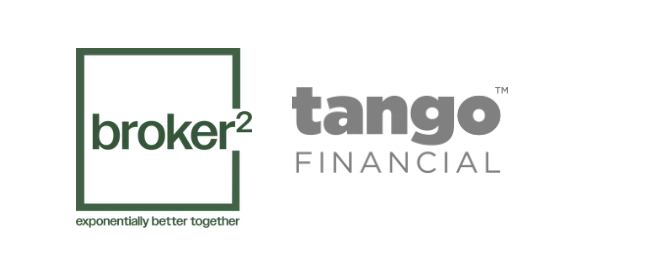Simplifying The Mortgage Process
Chances are, buying a home is one of the most important financial decisions you’ll make in your life. And as mortgage financing can be somewhat confusing at the best of times, to alleviate some of the stress and to ensure your home purchase goes as smoothly as possible, here are six very high-level steps you should follow.
While it might seem like the best place to start the home buying process is to browse MLS on your phone and then contact a Realtor to go out and look at properties, it’s not. First, you’re going to want to work with a licensed independent mortgage professional.
When you work with an independent mortgage professional, instead of working with a single bank, you’ll be working with someone who has your best interest in mind and can present you with mortgage options from several financial institutions.
The second step in the home buying process is to put together a mortgage plan. Unless you have enough money in the bank to buy a home with cash, you’re going to need a mortgage. And as mortgage financing can be challenging and not so straightforward, the best time to start planning for a mortgage is right now. Don’t make another move until you discuss your financial situation with an independent mortgage professional. It’s never too early to start planning.
As part of your mortgage plan, you’ll want to figure out what you can afford on paper, assess your credit score, run some financial scenarios, calculate mortgage payments, and have a clear picture of exactly how much money is required for a downpayment and closing costs. You’ll also be able to discuss which mortgage product is best for you, considering different mortgage terms, types, amortizations, and features.
Now, what you qualify to borrow on paper doesn’t necessarily mean you can actually afford the payments in real life. You need to consider your lifestyle and what you spend your money on. Understanding your cash flow is the key. Make a budget to verify you can actually afford your proposed mortgage payments and that you have enough funds to close on the mortgage. No one wants to be house-poor or left scrambling to come up with funds to close at the last minute.
If everything looks good at this point, the next step will be to get a preapproval in place. Now, a pre-approval is more than just typing some numbers into a form or online calculator; you need to complete a mortgage application and submit all the documents requested by your mortgage professional.
Only proceed with looking at properties when you’ve been given the green light from your mortgage professional. When you’ve found a property to purchase, you’ll work very closely with your mortgage professional to arrange mortgage financing in a short period of time. This is where being prepared pays off.
As you’ve already collected and submitted many documents upfront during the preapproval process, you should be set up for success. However, remain flexible and provide any additional documentation required by the lender to secure mortgage financing.
Once you have firm lender approval and you’ve removed conditions on the purchase agreement, don’t change anything about your financial situation until you have the keys. Don’t quit your job, don’t take out a new loan, or don’t make a large withdrawal from your bank account. Put your life into a holding pattern until you take possession of your new home.
So there you have it, six steps to ensuring a smooth home purchase:
- Work with an independent mortgage professional.
- Put together a mortgage plan.
- Figure out what you can actually afford.
- Get a pre-approval.
- Provide the necessary documentation.
- Don’t change anything about your financial situation until you take possession.
If you’d like to discuss your personal financial situation and find the best mortgage product for you, let’s work together. We can figure out a plan to buy a home as stress-free as possible.
Please connect anytime; it would be a pleasure to work with you.





